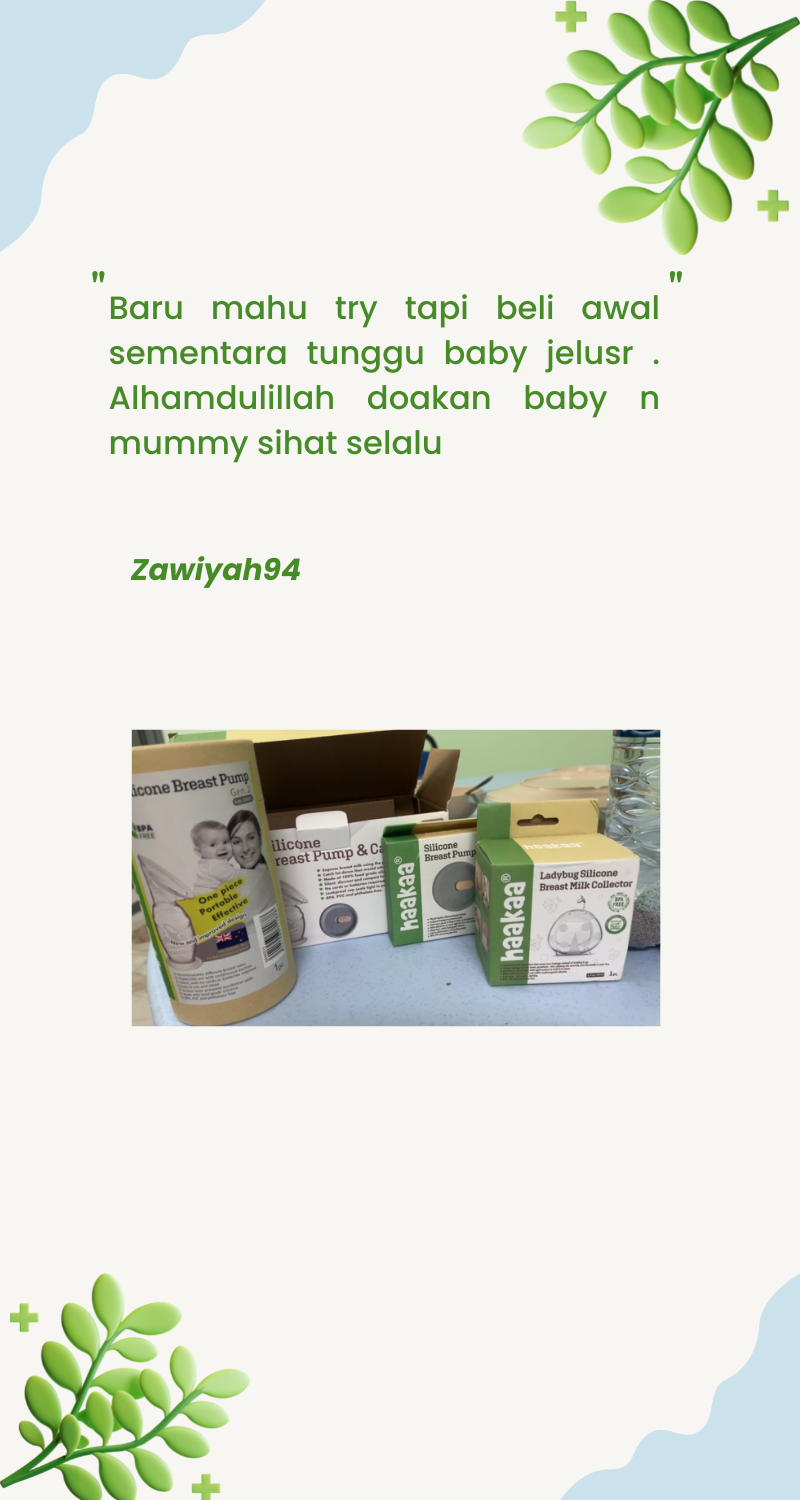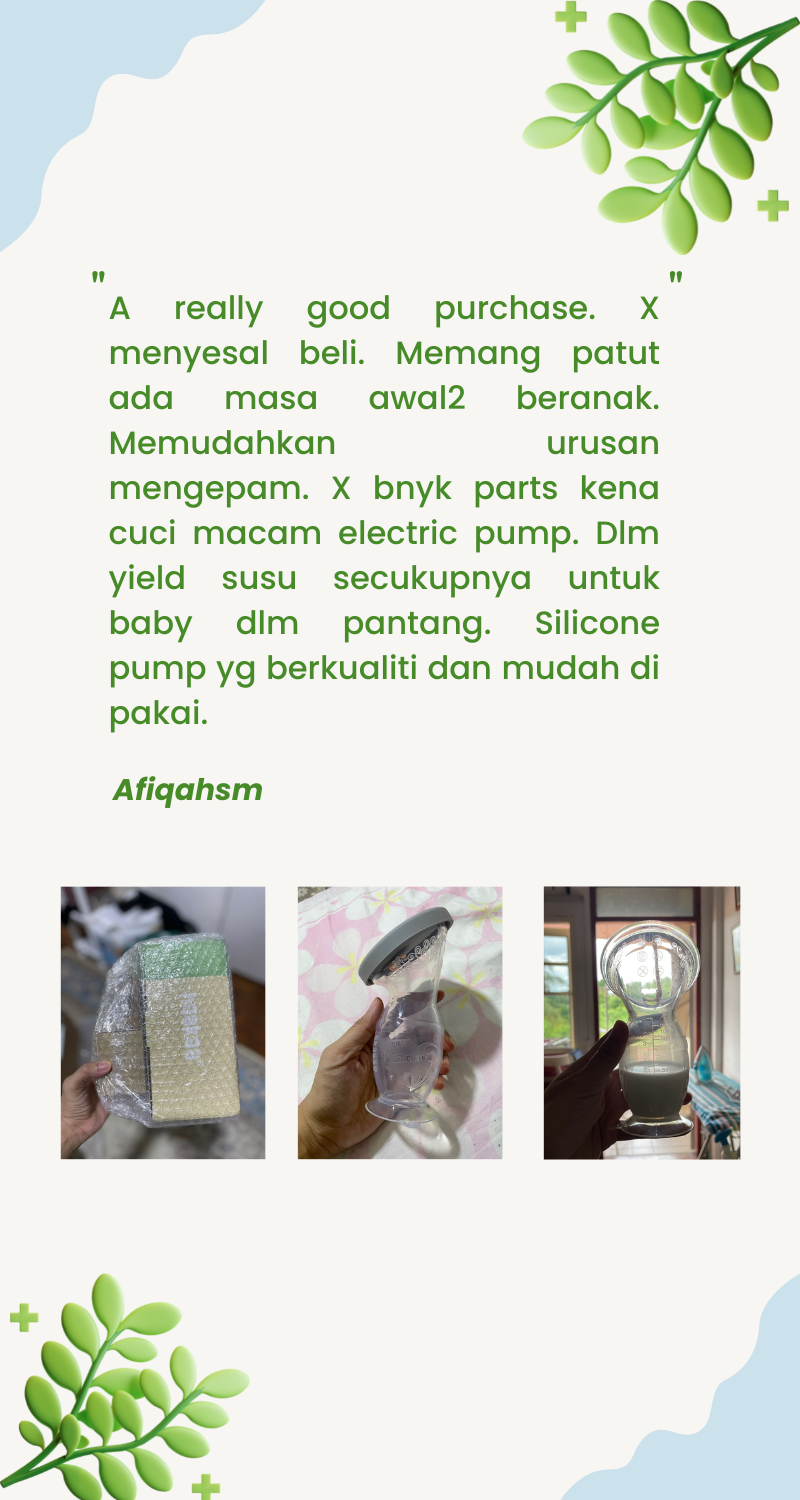
Written by midwife Aliza at Bumpnbub.
Sleep and sleep patterns are unpredictable for all newborns, which can be exhausting, mama, but look after yourself and take it slow through the rollercoaster of the fourth trimester.
Your baby needs sleep to grow, develop and build their immune system. Although newborns need a lot of sleep, it is normal for them to wake frequently to be fed, changed and comforted. In the first month of bub’s life, they will sleep for short periods, and as they grow (including their stomach), they will be able to sleep for longer periods at a time. Remind yourself that your baby is waking for a reason, you are their world, and they need you. Try not to set expectations on how your baby will sleep or compare their sleep to other babies.
Even when you are exhausted, it is important to sleep your baby in accordance with the Red Nose Australia recommendations to reduce the risk of sudden infant death syndrome (SIDS); on their back at the bottom of a bassinet or cot, in your room for the first 6-12 months, no loose blankets or toys around their head and in a smoke-free environment.

Let's look deeper into normal sleep for a newborn, what to expect in those first few months, tired cues and ways to settle bub to sleep.
Normal Sleep For Newborns
It is normal for your baby to sleep 14-17 hours within 24 hours as a newborn. As mentioned, sleep is so important for them to grow and develop. Generally, babies will sleep for intervals of 2-3 hours at a time, but sleep patterns vary a lot. Your baby may wake after 1 hour or sleep for 4 hours, and both are normal; remember your baby is waking as they need something. Newborn sleep relates very closely to feeding. Your baby has a small stomach when they are born, the size of a marble; therefore, they need frequent feeds to gain weight and grow. How often bub wakes to be fed can also depend on how long they feed for, milk supply and feeding method. Babies also need their nappy changed regularly, and some will wake as soon as their nappy is wet or dirty, which can mean more frequent waking.
It is also interesting to consider what is a normal sleep cycle for your baby and how it differs from adults. A baby's sleep cycle is much shorter than adults, with each sleep cycle about 40 minutes in length and involving active and quiet sleep. Active sleep is when bub will move around a lot, make noises, and is easily woken during this cycle. Quiet sleep is a deeper sleep when their breathing is regular and deep, and they are less likely to wake. At the end of every cycle (40 minutes), your baby might grizzle or cry and wake up; they may resettle on their own or need a cuddle or short feed to settle back to sleep. Newborns generally sleep very lightly and spend half of their sleeping time in the active sleep phase. Remember, sleep patterns can also change quickly, and often it is not caused by anything you do but from changes in your baby, such as growth spurts or sickness.

What To Expect When You Leave The Hospital
Your newborn is adapting and transitioning to the outside world for those first 12 weeks of life. When you leave the hospital, you won't have midwives there to help you settle bub at midnight or wrap your baby up in warm blankets at 3am. It may feel like the real beginning of parenthood, where you and your partner learn what works for you and your baby every day and night. You need to go easy on yourself, trust your instincts and have no expectations when you get home from the hospital. You will have days and nights where you feel exhausted, frustrated and challenged, and you will also have days and nights where bub sleeps soundly for long stretches of time, and you will feel grateful, refreshed and positive. This is that rollercoaster of the fourth trimester I mentioned earlier. Don't forget to ask for help and support, and if you can, let someone look after bub for an hour or two so you can get some precious sleep - your mind and body will thank you for it.
Your newborn's sleep is something you cannot control, especially in the first three months of life. Bub will sleep and wake during the day and night, as they cannot differentiate between day and night yet since that part of their brain hasn't matured. Newborns will wake up several times a night to be fed or changed. At around three months of age, bub might start sleeping for longer periods and only wake once or twice during the night. They usually start to learn this rhythm of day and night from six weeks - three months of age. You can help your newborn learn to sleep more at night by exposing them to daylight and playing with them during the day. Then during the night, keep the room dark and quiet, talk softly and keep interaction to a minimum, and they will begin to learn the difference between day and night.

Tired Cues
As you get to know your baby, you will learn their individual tired cues of when they are ready to go to sleep. It is best to act on bub's tired cues as early as possible, reduce stimulation and start settling them to sleep. If you miss the early cues, bub may become overtired and be hard to relax and get to sleep. Responding to your child's sleep cues also develops a secure attachment, which is a base for positive mental health.
- Tired cues: Yawning, rubbing their eyes, fussing, facial grimace, clenched fists, frowning, waving arms and legs about. Bub can also be clingy or want to be close to you, make sleepy crying noises, or try to settle themselves by sucking their hand.
From newborn to three months old, babies shouldn't be awake for more than 1-1.5 hours. This awake time can increase as your baby gets older. You might find that sometimes your baby has a feed and goes straight back to sleep, while other times they are awake for an hour or so and enjoy playing or interacting with you before going back to sleep. Watch for your baby's signals when they are alert and wanting to play and when they are sleepy. If your baby has fed recently and is displaying any of the signs above, they are probably tired, but if you are unsure if they are hungry, offer them a feed anyway and settle to sleep.

Settling Your Baby To Sleep
To get bub ready for bedtime, reduce stimulation, take them to a quiet room, talk softly, turn lights off and play some gentle music or white noise. From newborn, you can start a quiet time ritual before bed, including reading a book, singing a song, a certain sleepsuit or onesie, a feed, using a comforter or dummy, and then placing bub into bed. Some babies will fall asleep in the cot on their own; others need a cuddle or assistance to fall asleep. This is very normal, and try not to compare your baby to other babies. Most newborns will sleep well in light and noisy places, although others need dark and quiet rooms; you will get to know what suits your baby. Simple techniques such as patting bub on their back or bottom can help settle them in the cot until they relax or drift off to sleep.
Other Things To Consider If You Are Trying To Settle Bub:
- Check bub's temperature to ensure it is normal and they are not too hot or cold. Also, ensure they have an appropriate amount of clothing on.
- A warm bath can help relax bub and often works really well in a bedtime routine.
- Offer a top-up feed if bub isn't settling to sleep to rule out hunger.
- Bub may like to suck a dummy or have a comforter to help them settle.
- Sometimes, your baby just wants to sleep on you (contact nap), and that's okay too. Try a baby carrier if you have things to do during this time.

Ways To Mimic The Womb That Will Help Bub Settle To Sleep
After spending 9-10 months in your uterus tucked up safe and warm, it is not surprising that your baby will love anything that replicates the womb or being close to you.
- Swaddling is a simple and effective strategy to implement for your newborn to help with sleep. Your midwife in the hospital should show you and your partner how to swaddle your baby before you go home. Bub will enjoy being wrapped up firmly and feel secure and warm - ready to sleep. Swaddling also reduces your baby's startle reflex, which can wake them up while they are sleeping. You can buy swaddles or alternatively use a sleepsuit that zips up, which are easy to use, especially in the night. Some babies prefer not to have their arms swaddled so they can use their hands to settle themselves.
- White noise can replicate similar sounds to the womb for your baby as they listened to your heartbeat and breathing 24/7 while in the womb. You can play white noise music on your phone through a speaker or buy a white noise device that plays certain sounds and music that is relaxing at sleep time. Even relaxation or meditation playlists can assist in keeping bub asleep for longer.
- Your womb was dark and warm, and although most babies can go to sleep in a light room, some will prefer the room to mimic the womb's darkness that they are familiar with. Also, ensure bub's room is warm enough; if it is cool, pop another layer of clothing or blanket on them as they will sleep better if they are snug and warm.
- Movement can be a lifesaver to help settle bub to sleep. In the womb, your baby felt you frequently move even while you were sleeping. In the fourth trimester, babies will be soothed and enjoy movement. You can put bub in a baby carrier or pram to get them to sleep while you are on the move getting some fresh air. You can settle bub by rocking them in your arms and then transitioning them into bed. You can also get baby bouncers, swings and bassinets that move and are safe for bub, but these can be expensive. Some babies also love the movement of a car, which can be another option to help them settle and sleep with a car ride.
This information is a general guide only and does not substitute medical advice. If you have any concerns or questions, please contact your medical professional.
Resources:
Raising Children's Network
Healthy WA, Department of Health
Red Nose Australia







